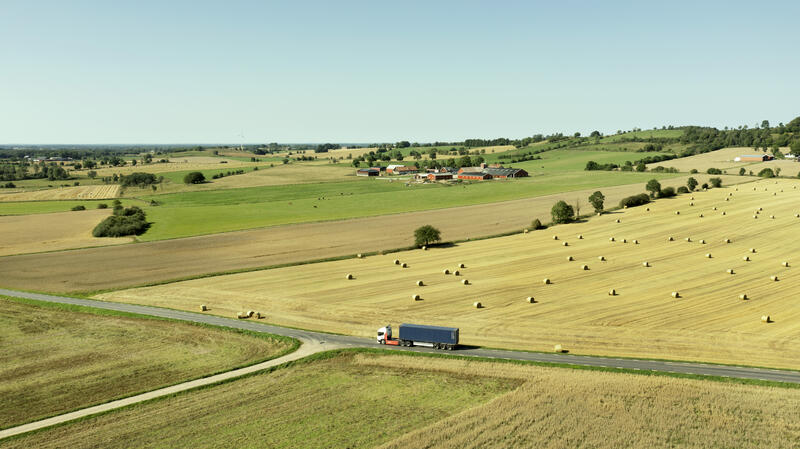Shared Standards for Shared Mobility
Given the digitalization of shared mobility, the need for participating actors to collaborate around central digital technologies increases. One aim of the project is to facilitate knowledge exchange regarding data sharing and harmonization of public transport data from Nordic countries to the USA. The project also aims to investigate how more long-term cooperation with mutual benefits in this matter can be established.

Today, Swedish and Nordic actors already have several established collaborations at the Nordic and European levels, but even though the North American context is becoming increasingly important for the development of shared mobility, contemporary collaboration with the USA in this area remains limited. At the same time, the Nordic countries are well advanced in terms of national coordination, harmonization, and reuse of public transport data. However, this capability is yet to be developed among, for example, actors at the state level in the USA, but who consider this type of data sharing as central to increased seamlessness between e.g. different cities
Therefore, this preliminary study is partly to examine how Swedish/Nordic long-term participation in North American standardization initiatives could be organized and financed. Through such increased coordination, better technical support for Swedish/Nordic requirements regarding combined mobility can be created, and the North American contexts can benefit from Nordic experiences. The second aim of the project is to facilitate knowledge exchange regarding data sharing and harmonization of public transport data from Nordics/Sweden to the USA. The project also aims to investigate how more long-term cooperation with mutual benefits can be established.
What’s the value for the US and Swedish partners?
Early adoption of standards for new forms of mobility encourages new services to be developed. By taking a role in the collaboration between the Nordics (EU) and the United States, Sweden retains its relevance.
Public actors and open-source governing bodies are interested in spreading emerging standards and their application, as it strengthens their development. However, this work is constrained to the available resources and, thus, by collaborating with Nordic partners the standards can be integrated organically based on local contexts. The collaboration also benefits the US partners by complementing our proposed standards with those pursued in the Nordics and Europe.
How did Future Mobility support the development of the project?
The process to adopt standards is continuous and is becoming more global in nature. Future Mobility fills an important and unique role by exploring these leading networks and larger systems. By setting up contact points with the core networks, partnerships can be easily formed. With its team of “match-makers” and well-connected steering board, this project quickly began partnerships with Cal-ITP and OMF which are at the epicenter of the emerging de-facto mobility standards.
Project manager: Daniel Rudmark
Parties: RISE, Cal-ITP, OMF
Period: 2022 to 2023

What we offer actors in the United States

What we offer actors in Sweden

